One of the principal aims in writing this book pertains to the increasing impact of human influence on natural habitats in recent years, more notably to the loss of habitats in recent years, more notably to the loss of habitat quality. Increased urbanization, considerable reduction in natural forest areas, changing ecology of fresh water ecosystems, lakes and wet lands, besides changing microhabitats, have had their impact on insect populations. A wide range of responses exist among several species of insects living in these changing environments, more especially landscape dynamics creating a shifting mosaic of habitats. Further, loss of habitat quality decreases population growth rate, in course of time resulting in a reduction or extinction of species. Sudden changes in the extent or quality of habitat tend to influence the behaviour reproduction and survival of individuals. In very rare cases the existence of a particular species depends on the presence of some other species, not to mention of the extinction of food chains. As such, a basic understanding of the nature of habitat loss and fragmentation and their impact on insect species dynamics become important. Fragmentation not only causes loss of amount of habitat, but tends to create small, isolated patches besides changing the properties of the remaining habitat. Some of these aspects are discussed with local examples as far as possible, to provide an overall idea of the need to study environmental aspects of insects in diverse deteriorating as well as odd environments such as fallen logs, deteriorating wood, leaf litter, forest canopy, moss, lichen agrolandscapes including habitat edges or ecotones. The diversity of aquatic insect fauna in isolated and polluted water bodies as well as some aspects of urban ecology pertaining to changing environment and loss of species, are briefly discussed. Insects occurring in forest canopies for instance, have received very little or practically no attention in the Indian context and their importance is being increasingly recognized. Besides, an understanding of bioindicators reflecting their utility in identifying habitat disturbance, pollution and climate change has also become obligatory for a proper assessment of ecosystem responses to environmental perturbation. This effort is further kindled by the senior author's interest in vistas of insect diversity in natural and interfered forests such as deforestation, to provide for mono-culture plantations such as eucalyptus, teak, tapioca, rubber etc. in many parts of the Western Ghats, such as the Tenmalai area. Similarly the long standing interest of the junior author in the area of biodiversity of aquatic ecosystems as well on the role of indicator species, has made possible the inclusion of relevant information in this area, besides the adaptive diversity of insects to climate, land use and pollutants. Numerous questions are raised about patterns and timing of the evolution of insect-plant association which are essential for an understanding as to "Why the world is the world as it is today".
View cart “Animal Biodiversity: Patterns and Processes” has been added to your cart.
Ecological Entomology: Insect Life in Odd Environments
Add to favorites
Contents
$83.70
$93.00
In stock
Free & Quick Delivery Worldwide
All orders amounting to US$ 50 or more qualify for Free Delivery Worldwide. For orders less than US$ 50, we offer Standard Delivery at $14 per book.
ABOUT THE AUTHOR K G Sivaramakrishnan
Prof. K.G. Sivaramakrishnan is a renowned Aquatic Entomologist, Internationally known for his work on aquatic insects, notably Ephemeroptera. A recipient of the Rockfeller Fellowship, he was associated with experts at the Florida State University, Tallahassee and the University of California at Berley. As professor of Zoology at the Madhura College, Madurai for more than three decades, he has inspired several researchers in the field of AQUATIC Entomology an has participated in several national Seminars and Workshops on Biodiversity, he has been a recipient of the State teachers Award.
ABOUT THE AUTHOR T N Ananthakrishnan
Prof. T.N.Ananthakrishna was Director of the Zoological Survey of India, Kolkata and Director of the Entomological research Institute, Chennai and earlier as Professor of Zoology His wide research experience spans over 55 years and his contributors to sevarl areas of Entomology and General Ecology are well known. He has more than 400 publications including over 25 books. He has been a recipient of several national awards such as: the Kidwai Award of ICAR, the Pitamber Pant Award of the Ministry of Environment and Forests, the K.C. Mehta Award of the National Academy of Agricultural Sciences, the Sundarlal Hora Medal of the Indian National Science Academy and the J.C. Bose Award of the Indian Science Congress. He is a fellow of the Indian Academy of Sciences, fellow of the Indian National Science Academy and fellow of the national Academy of Agricultural Sciences.
reviews
0 in total
Review by Anonymous
Be the first to review “Ecological Entomology: Insect Life in Odd Environments” Cancel reply
You must be logged in to post a review.
Bibliographic information
Title
Ecological Entomology: Insect Life in Odd Environments
Author
Edition
1st ed.
Publisher
ISBN
9788172335090
Length
xi+142p., Tables; Figures; Plates; References; 26cm.
Subjects
more by K G Sivaramakrishnan see more
more by T N Ananthakrishnan see more
Insect Biodiversity: Functional Dynamics and Ecological Perspectives
Rapid depletion and ...
$83.70
$93.00
similar bookssee more
Applications in Microbiology
$90.00
$100.00

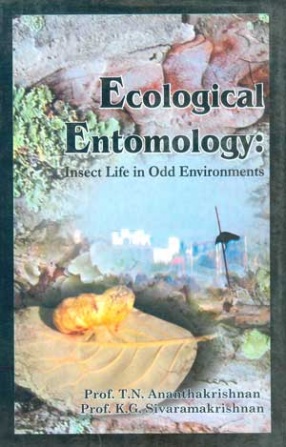

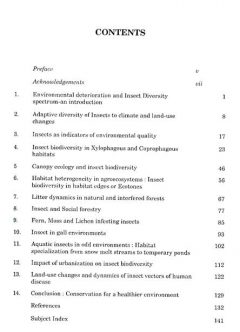
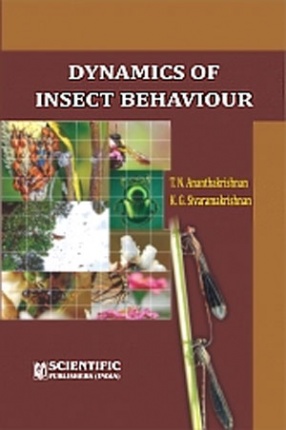
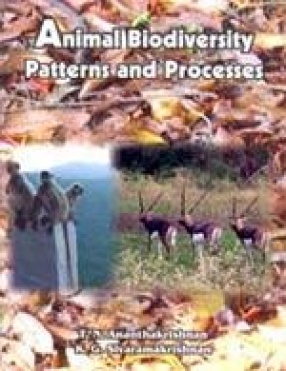
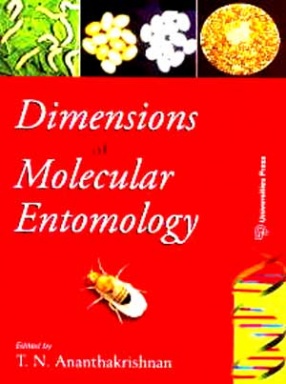
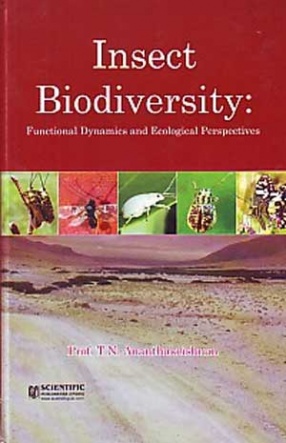
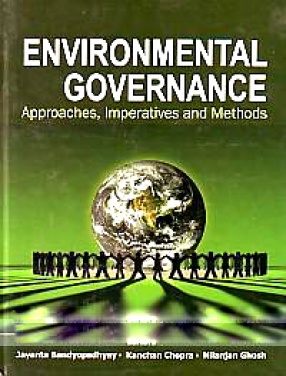
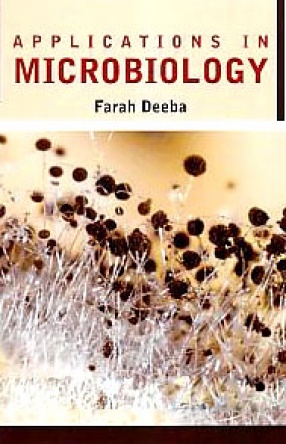
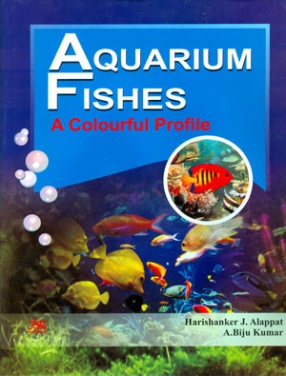
There are no reviews yet.